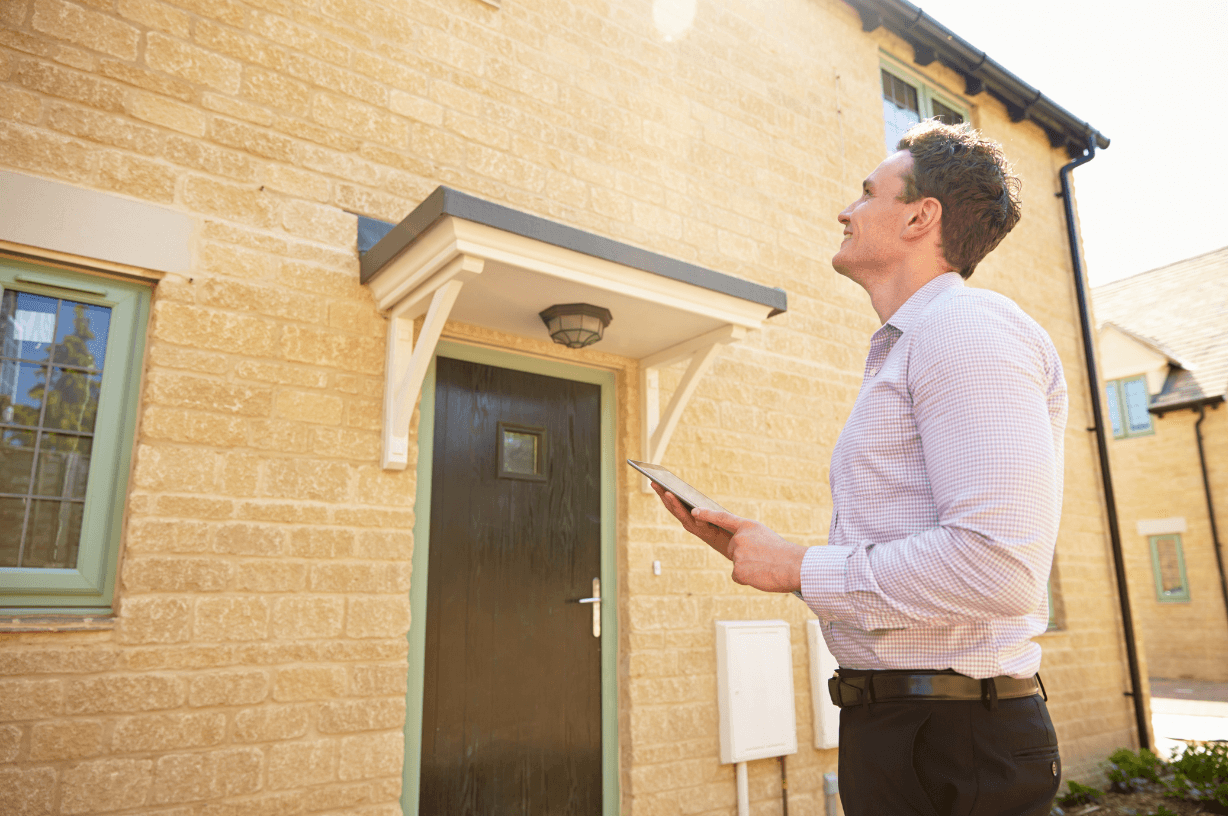When you’re getting a house ready to put it on the market, it doesn’t take long to realize that you have to pick up a whole new vocabulary that’s very specific to real estate.
There are two terms, in particular, that often cause homeowners a lot of confusion: Home “valuations” and home “appraisals.” While both terms talk about what any given home is worth, home valuations and home appraisals have distinctive purposes, methodologies and implications. Let’s talk about the differences between them so that you can understand more about what each involves.
A Home Valuation Is an Estimate of Its Market Value
With real estate prices in constant fluctuation, it can be hard for a homeowner to tell what price they should put on their listing if they decide to sell. If they price their property too low, they could lose money (especially if a prospective buyer realizes they’re getting a steal). If they price the property too high, they could watch their listing stagnate.
That’s where a home valuation is useful.
A home valuation is an estimate of the property’s worth on the open market. Typically, home valuations are done by a real estate professional as a prelude to listing a property for sale, as this helps the homeowner contextualize their home’s position in the current market conditions.
In other words, the valuation of a property doesn’t necessarily set the asking price on a piece of property, but they’re often closely related. For example, it’s not uncommon for a seller who is highly motivated to price their home below its valuation point to attract a quick sale, while others may choose to aim a little above the valuation so they have more room to negotiate the price down.
What goes into a home valuation? This is where the experience and skill of your real estate professional come into play. Some of the elements that are usually factored into a home valuation include:
- Whether it’s currently a “buyer’s market” or a “seller’s market” in your area. Scarcity increases the value of just about anything, so if there are more buyers than sellers right now, you may be able to ask more for your home.
- The overall desirability of your home’s location. Different neighborhoods attract different buyers and have different price points. If you live in an area with great schools, a low crime rate and access to plenty of amenities, that can raise the value of your home.
- Your home’s overall size, condition and features. What buyers want in a home can change over time, so a lot may depend on how “current” your home seems. Modern updates and renovations, too, including smart home features, electric vehicle chargers and other up-to-date modifications can help raise your home’s value.
Many real estate professionals use “comps” (comparisons) when they perform a home valuation, i.e., looking at similar homes in the area to see what they’ve sold for within the last several months. These may be more or less useful, however, depending on how stable your local real estate market has become.
In addition, a real estate professional may provide several different valuations that are based on the idea that the homeowner can or will make certain changes or upgrades before listing the property for sale. For example, a valuation may rise if a homeowner agrees to repaint their home’s interior or get new landscaping to improve the home’s curb appeal.
A Home Appraisal Is Done to Protect the Bank’s Investment
Unlike valuations, home appraisals are done on behalf of the buyer’s bank or lender (or when a homeowner wants to refinance) in order to protect the bank’s investment. After all, a lender doesn’t want to put more money into a home than it’s worth because they’d experience a loss if the borrower eventually defaults on the loan.
Home appraisals are typically done by a certified third-party appraiser, which means they don’t work for the lender, the homeowner or the buyer. This helps make sure that the appraisal adheres to a standardized process that follows both the industry guidelines and certain legal requirements and is done without bias.
Typically, an appraiser will do an on-site inspection of the property to carefully evaluate many of the things that were factored into its valuation. However, appraisals usually involve a level of scrutiny that doesn’t happen during a valuation.
If an appraisal comes in at or above the sales price of a home, that’s good – because a lender is only going to offer a loan based on that figure. If the appraisal comes in too low, you have an “appraisal gap” that can absolutely derail your sale.
While appraisal gaps were uncommon in the past, they were frequently seen just a year ago when home prices were rapidly rising – and they’re still happening. When there’s an appraisal gap, a buyer has to either try to negotiate a lower price with the seller or come up with the difference between what the bank will lend them and the price of the home on their own.
What’s the Bottom Line About Valuations and Appraisals?
While valuations offer valuable insights, they are subjective estimates (and maybe more of an art form) and should not be regarded as precise appraisals. In contrast, home appraisals are detailed and objective assessments of a property’s value, conducted by a licensed or certified appraiser. Both of them can be important to your home sale journey – but they may or may not be reflective of each other.
Talking to a real estate professional can help you better understand the nuances between the two so that you can navigate the sales process with confidence and ease.
amanda.phillips@talktotucker.combill.ingram@talktotucker.combrad.layton@talktotucker.comeditors-pickerina.pribyshchuk@talktotucker.comfeaturedlloyd.zimmerman@talktotucker.commark.callahan@talktotucker.commary.layton@talktotucker.compriscila.hale@talktotucker.comterri.mcgraw@talktotucker.com


